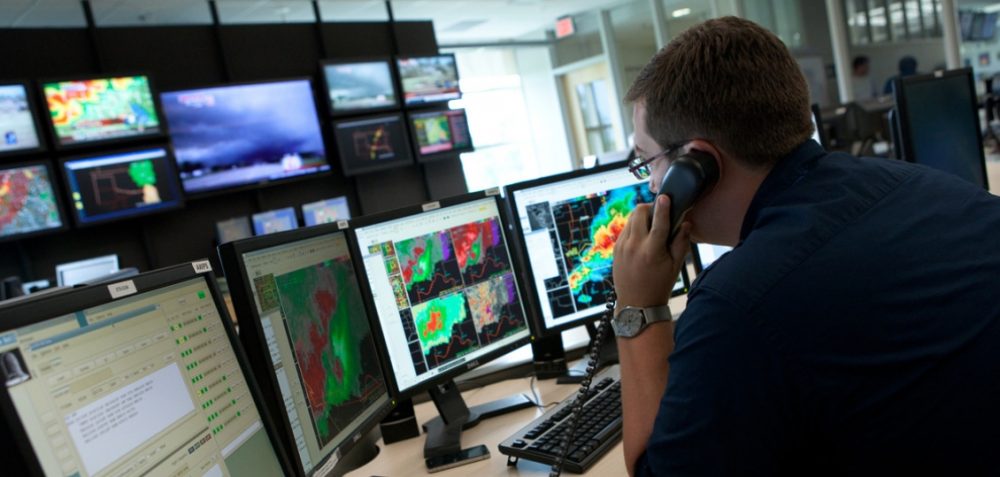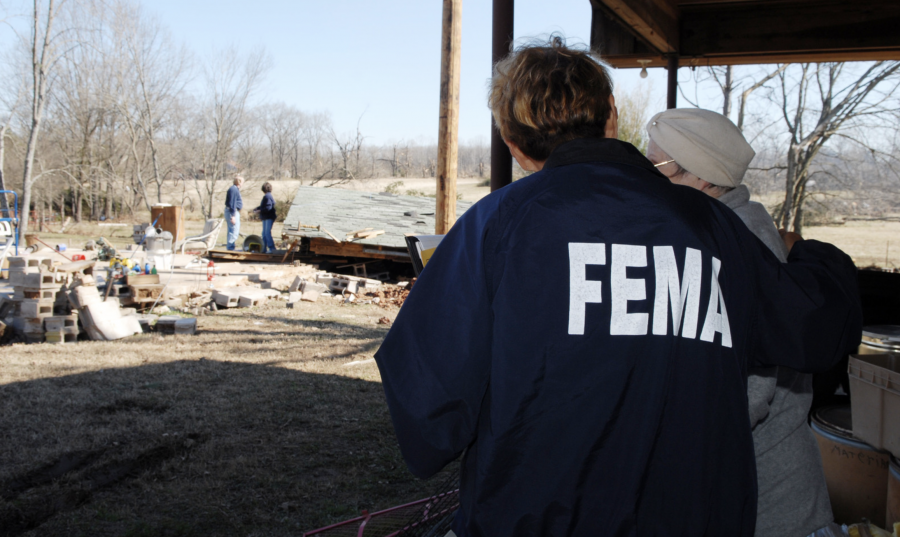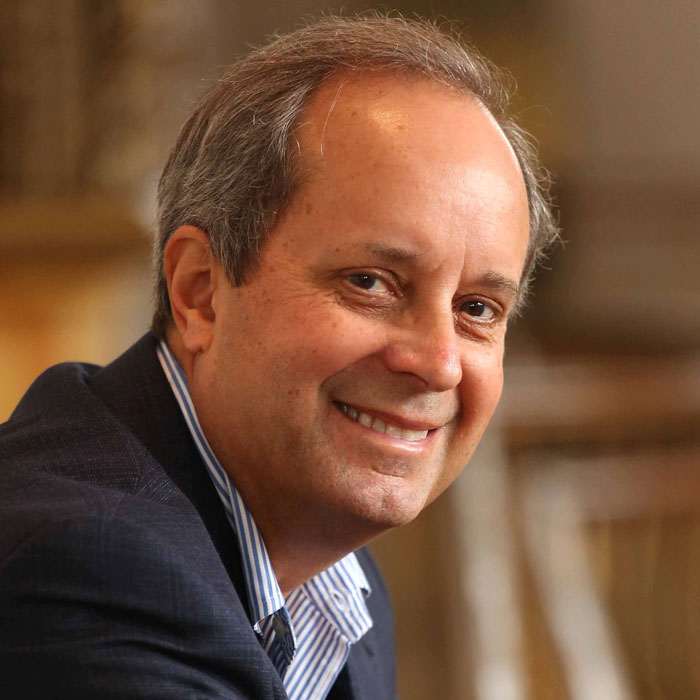September is National Preparedness Month: Are You Ready for the Next Big Disaster?
The Atlantic hurricane season – on average – generally ramps up in August and peaks in early September. That’s roughly the same trend that occurs in the East- and West-Pacific basins. So it is with good reason that September is being declared “National Preparedness Month” by FEMA. But this is not just an issue for […]
The Atlantic hurricane season – on average – generally ramps up in August and peaks in early September. That’s roughly the same trend that occurs in the East- and West-Pacific basins.
So it is with good reason that September is being declared “National Preparedness Month” by FEMA.
But this is not just an issue for those living along a seaboard. September provides an opportunity for everyone to be more mindful about disasters. What we know about disaster recovery tells us that when communities, organizations, and businesses are prepared for a disaster, the recovery process is much faster and the cost is much less. FEMA suggests a simple two-step process that everyone can take: be aware of the disasters that could strike your community and develop a simple plan of action. FEMA has some wonderful tips to help you and your community get started.
One of the most important ways we can become more disaster-ready is in how we build our structures. We all live in homes, work in buildings, attend schools and churches, and receive care at hospitals. Imagine if those were damaged in a disaster, and required a long recovery process. The federal government has some funding mechanisms in place, but anyone who has rebuilt after a disaster will tell you those mechanisms leave significant gaps. However, there are great progress that has been made in innovation and technology to make buildings better able to withstand disasters.
One of our key partnerships this year is with the National Building Museum and the “Designing for Disaster” exhibit, which is all about building prepared for a variety of natural disasters. We’ll also be exploring this topic at our next webinar.
There’s one other item I hope you’ll all take note of in September. The Center for Disaster Philanthropy and the Council of New Jersey Grantmakers are partnering to produce the Disaster Playbook, in association with the Forum of Regional Associations of Grantmakers. As part of our data collection, we need you to take a survey and tell us how your organization has (or hasn’t!) responded to a disaster. You can take the survey here. Having a resource like the Disaster Playbook is just one more way we learn from past disasters in order to be better prepared for the next one.
What areas of preparedness do you need more information on? Email me at bob.ottenhoff@disasterphilanthropy.org.
More like this

What the Government Shutdown Really Means to Disasters

